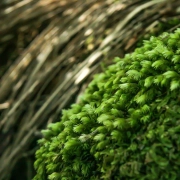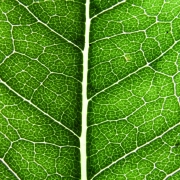Say goodbye to Tension Headaches and Migraines with Expert Acupuncture Treatment
Headaches affect the lives of millions. Tension headache is among the most common. Now, what if I told you there’s a non-pharmacological treatment that could help alleviate your pain? Well, let me introduce you to the wonderful world of acupuncture.
You see, acupuncture has been growing in popularity as a go-to remedy for various aches and pains, including headaches. Turkish researchers researchers decided to investigate just how effective acupuncture could be for tension headaches.
They divided individuals into two groups. One group had ten sessions of laser acupuncture three times per week, while the other received a similar-looking placebo treatment.
Now, here’s where things get interesting. The researchers were looking for changes in headache intensity, duration of attacks, and the number of days each month with a headache. And, did they find some differences!
In the first month alone, the acupuncture group’s headache intensity dropped by 5 points! This improvement continued in the second and third months, with reductions of 3 and 2 additional points, respectively.
The placebo group? Well, they didn’t see much change at all.
What’s more, the acupuncture group experienced shorter attacks and fewer days with headaches each month. In fact, after just one month, participants in the acupuncture group had 15 headache-free days!
The takeaway? Laser acupuncture made a real, significant difference for people with chronic tension-type headaches, while the placebo group didn’t see much improvement. So next time you find yourself in the grip of a tension headache, remember: acupuncture just might be the key to relief.
Here at Dr Vitalis Acupuncture, we pride ourselves on our specialised expertise in acupuncture for headaches and migraines. We’re committed to helping you unlock the benefits of this ancient treatment and guide you toward a life with fewer headaches. Don’t let the pain hold you back any longer. Take action today and schedule your first appointment with our dedicated team. Your journey to a happier, headache-free life starts with just one click or call.

